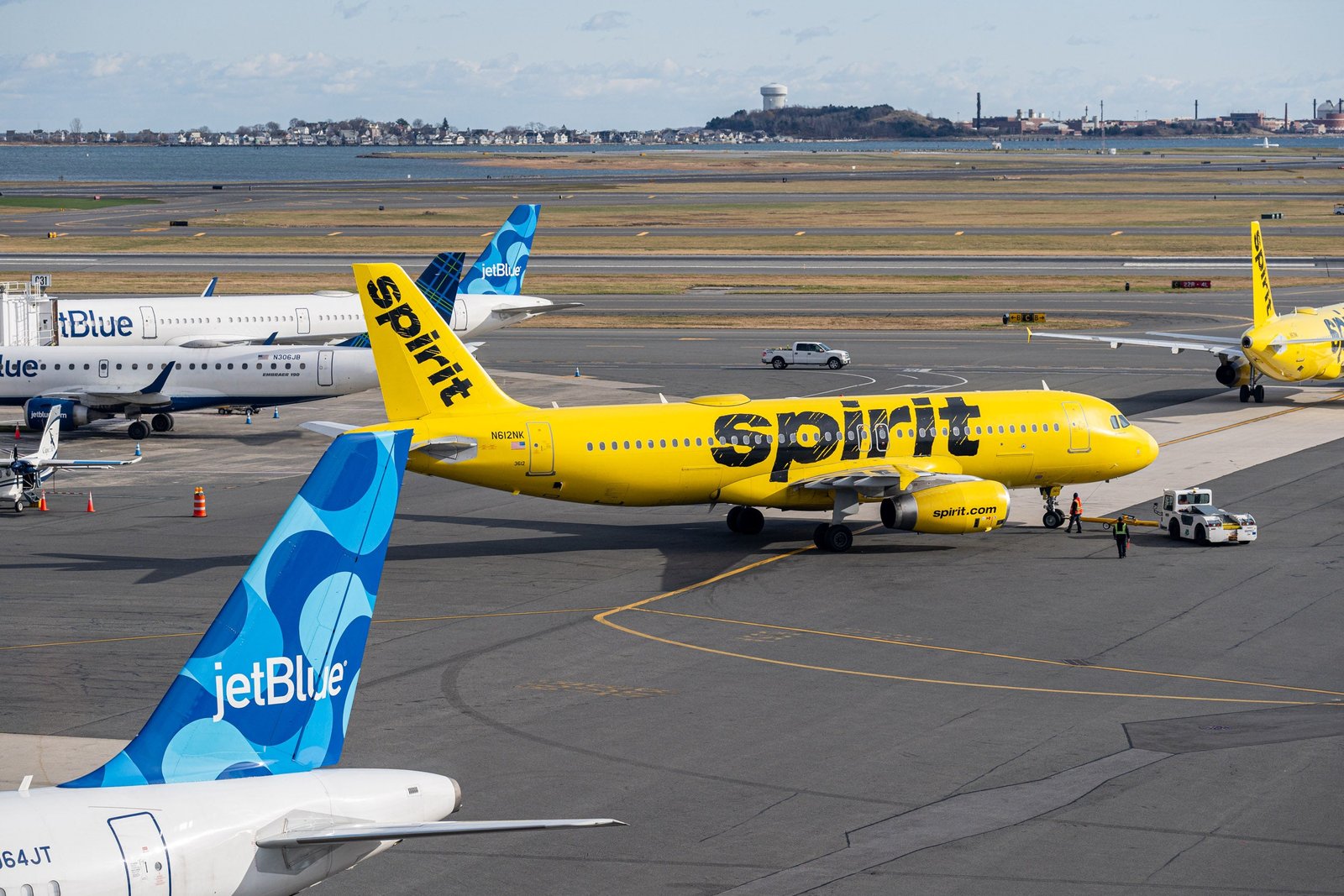The antitrust trial between JetBlue and Spirit Airlines concluded on Tuesday with closing arguments from the Department of Justice (DOJ) and lawyers for both airlines. The trial, which lasted for a month, will determine the future of the two airlines and potentially impact the broader U.S. airline market.
During closing arguments, both sides largely reiterated the narratives presented during opening arguments on October 31. The DOJ argued that the merger would harm price-sensitive consumers, as Spirit’s elimination from certain routes would lead to increased prices. Lawyers for JetBlue, on the other hand, contended that by acquiring Spirit, they could double their size and compete more effectively with the four major U.S. airlines.
The central question of the trial revolved around whether the risk of raising the lowest fares on some routes through Spirit’s exit would be worth the potential to lower the average airfare across the broader market by putting more pressure on the major carriers. JetBlue and Spirit argued that if Spirit were to cease operations, other ultra-low-cost carriers (ULCCs) would fill the void. The airlines proposed divesting some of Spirit’s holdings in certain markets to maintain competition.
However, the DOJ argued that other ULCCs would not seek to cover the former Spirit routes in the near future due to differences in business models. The DOJ also highlighted a JetBlue analysis that found the airline commanded a 30% premium on fares compared to Spirit, suggesting that JetBlue planned to raise fares. JetBlue officials countered that the analysis was hypothetical and did not reflect real-world conditions.
Throughout the trial, Judge William G. Young posed clarifying questions to attorneys for both sides. He suggested the possibility of conditionally allowing the merger, contingent on the airlines meeting specific requirements. JetBlue’s attorney expressed satisfaction with this approach, while the DOJ maintained that a total injunction was necessary to prevent consumer harm.
The trial is significant as the DOJ has previously challenged airline mergers, although many have been settled. The current landscape of the U.S. airline industry, with four major carriers dominating the market, has made it challenging for smaller airlines to compete. JetBlue’s attorneys pointed to the pending merger of Alaska Airlines and Hawaiian Airlines as further evidence of this trend.
The DOJ previously won an antitrust case against JetBlue’s Northeast Alliance with American Airlines, which occurred while the Spirit merger was being considered. Attorneys for JetBlue cited arguments made by the DOJ during that trial, which emphasized JetBlue’s unique position as a powerful competitor.
The timeline for a decision by Judge Young is uncertain. The $3.8 billion acquisition would see JetBlue pay $33.50 per share of Spirit. The outcome of the trial has drawn significant interest from investors, with Spirit’s stock price experiencing fluctuations throughout the legal proceedings.
In conclusion, the antitrust trial between JetBlue and Spirit Airlines has concluded with closing arguments from both sides. The trial’s outcome will determine the future of the two airlines and potentially impact the broader U.S. airline market. The central question of the trial revolves around the trade-off between raising the lowest fares on some routes through Spirit’s exit and potentially lowering the average airfare across the broader market by putting more pressure on major carriers. The trial’s decision will be awaited eagerly by industry stakeholders and investors.

